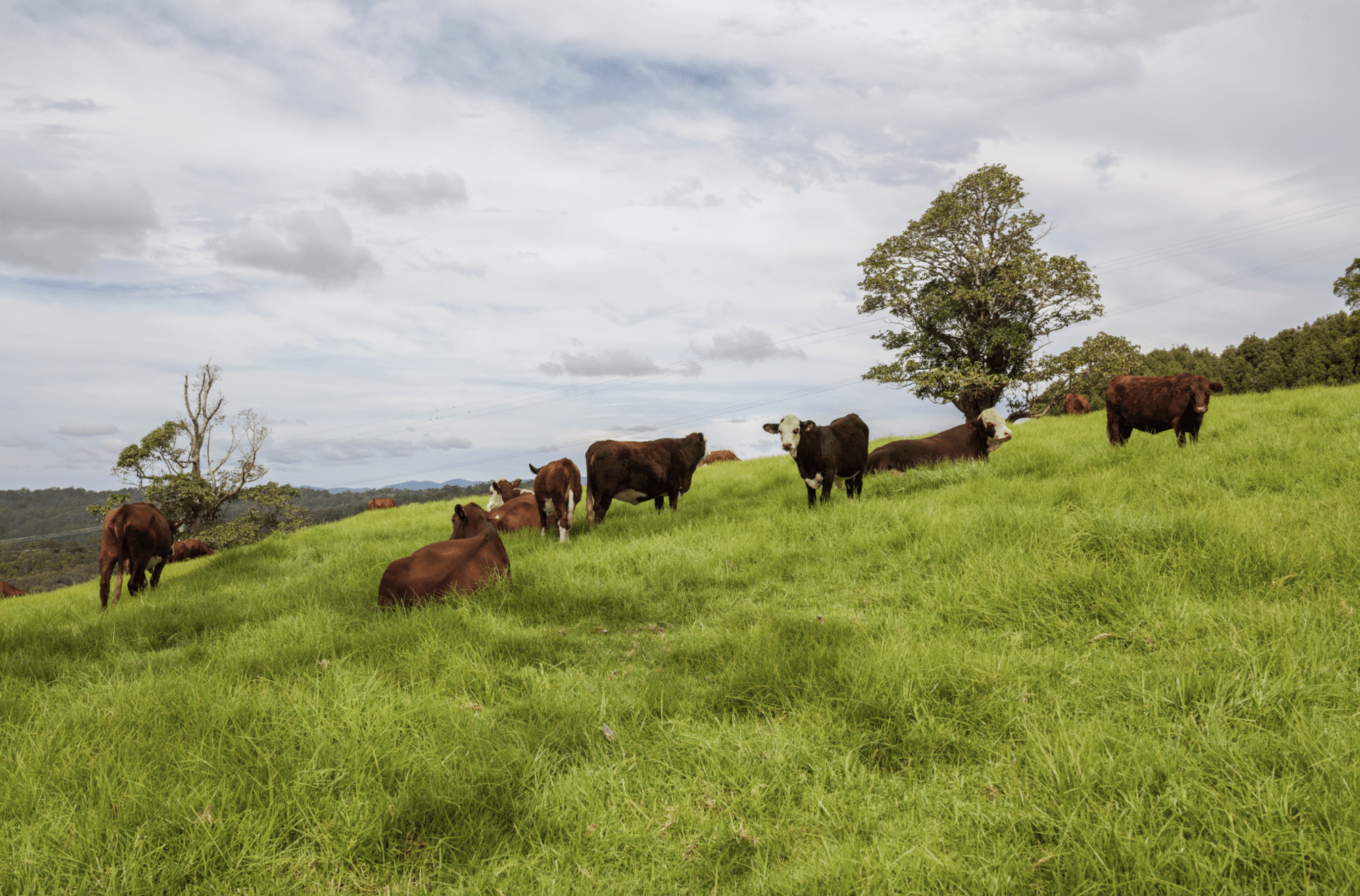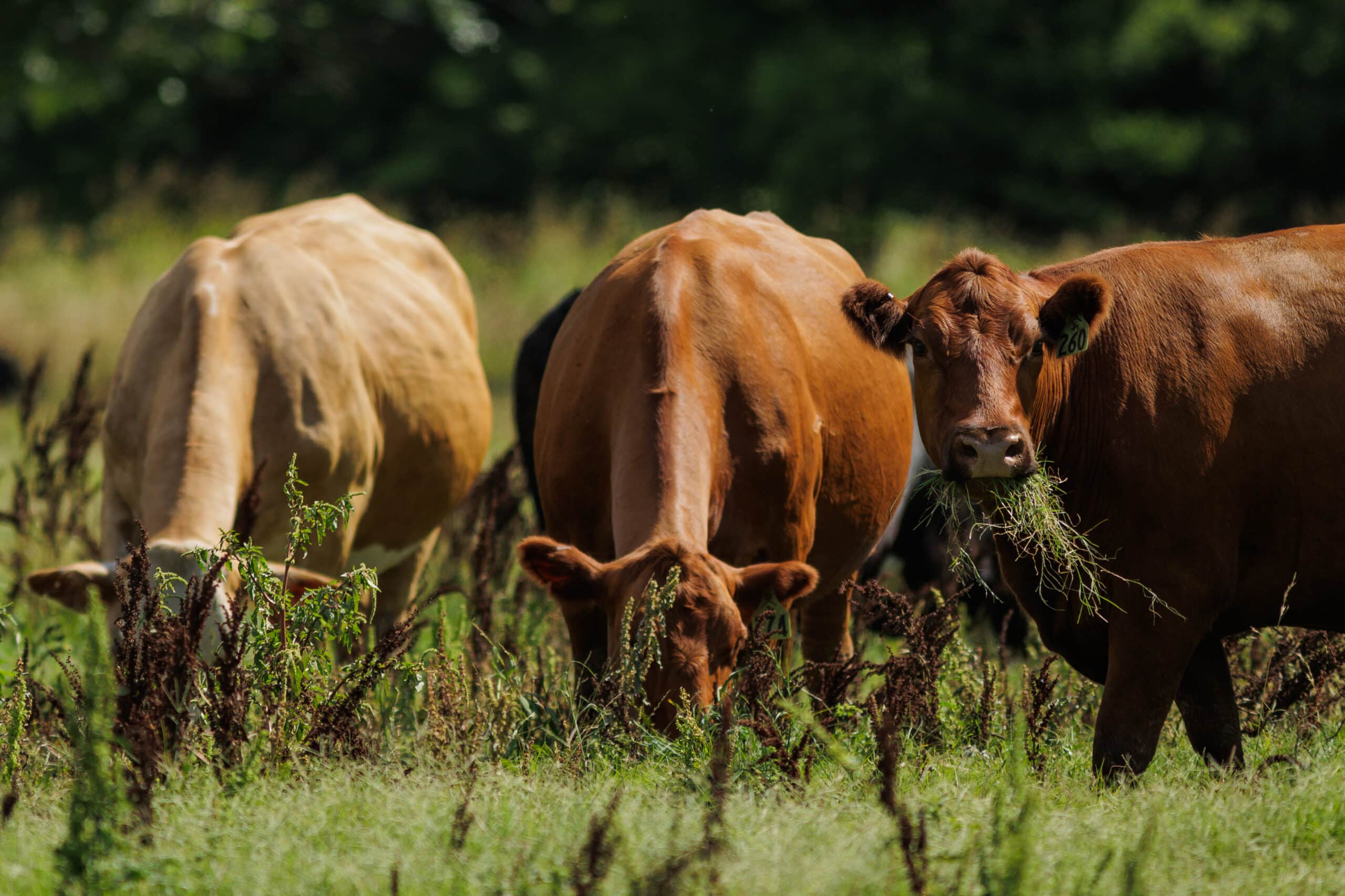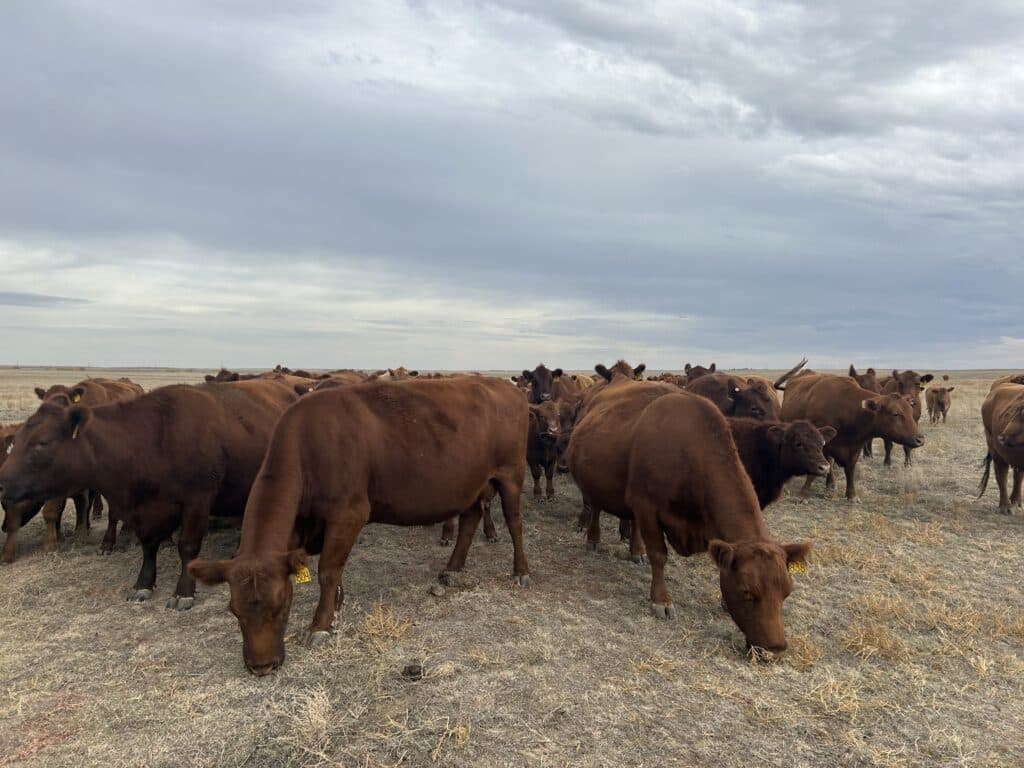Regenerative Farming Resources for Mixed and Livestock Producers

Interested in regenerative agriculture, but no idea where to start? This selection of resources will set you on the right path. Also, be sure to get your hands on our checklist for getting started with regenerative agriculture.
Podcasts
Learn from the successes (and failures) of Australian land managers who have made the transition from conventional farming to regenerative agriculture, in this podcast from the Regenerative Ag Alliance and Southern Cross University.
The Regenerative Journey with Charlie Arnott
Boorowa farmer Charlie Arnott talks with local and international pioneers of the regenerative ag movement. The wide-ranging discussions cover everything from the guests’ backgrounds in agriculture to their thoughts on the future of farming.
This US podcast highlights innovators developing practical solutions to the challenges farmers face. Meet scientists, land managers, writers, and others on a mission to create a world where the food that farmers produce is healthy for people and the planet.
Books
Call of the Reed Warbler by Charles Massy
Charles Massy explores regenerative agriculture and the vital connection between our soil and our health. He shows the damage that industrial agriculture can cause and how innovative farmers are finding a better way.
Dark Emu by Bruce Pascoe
Bruce Pascoe reexamines colonial accounts of Aboriginal people in Australia and cites evidence of pre-colonial agriculture, engineering and building construction by Aboriginal and Torres Strait Islander peoples.
The Wooleen Way by David Pollock
David Pollock reveals the harsh realities of managing the remote outback station where he set out to restore the 153,000 hectares of degraded leasehold land. With over a decade of hard-won insights, he outlines his plan to reverse the ecological damage done to the pastoral resource since European colonisation.
Dirt to Soil by Gabe Brown
Financial hardship forced US rancher Gabe Brown to take a new approach to farming. He cut back on chemicals, switched to no-till planting with diverse cover crops mixes, and changed his grazing practices. In the process, he transformed a degraded farm ecosystem into one bursting with life.
Videos
How regenerative farming can help heal the planet and human health
In his TEDx talk, Charlie Massy draws on decades of farming experience and research to propose a new way of farming that doesn’t harm the land or the planet.
Natural sequence farming: How Peter Andrews rejuvenates drought-struck land
ABC’s Australian Story tells the story of Peter Andrews, who developed natural sequence farming to increase water retention and restore landscapes devastated by poor management.
Pasture Cropping – Profitable Regenerative Agriculture
Colin Seis turned a failing farm around through pasture cropping and minimising the use of fertilisers and chemicals. He shares his knowledge in a seminar for the North Central Catchment Management Authority in Victoria.
Organisations
This Australian non-profit organisation supports farmers on their journey to developing productive, resilient and regenerating landscapes. Explore their in-depth case studies and online seminars.
Founded in 1989, Landcare Australia brought farmers and conservationists together to resolve environmental issues. It’s partnered with a wide range of organisations in projects that involve natural habitat restoration, enhancing biodiversity and building resilience in Australia’s food and farming systems.
This research, education and advocacy organisation demonstrates and shares regenerative methods of land management, and actively regenerates landscapes. It aims to create sustainable, resilient landscapes, to help provide Australia with long-term water and food security, and to create a model adaptable to other countries.
Since 1947, Rodale Institute has researched the cultivation of healthy, living soils and been a driving force in organic farming. Robert Rodale, the founder’s son, coined the term “regenerative organic” to distinguish a kind of farming that goes beyond sustainable.


